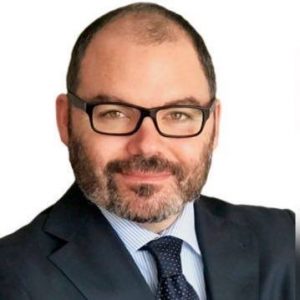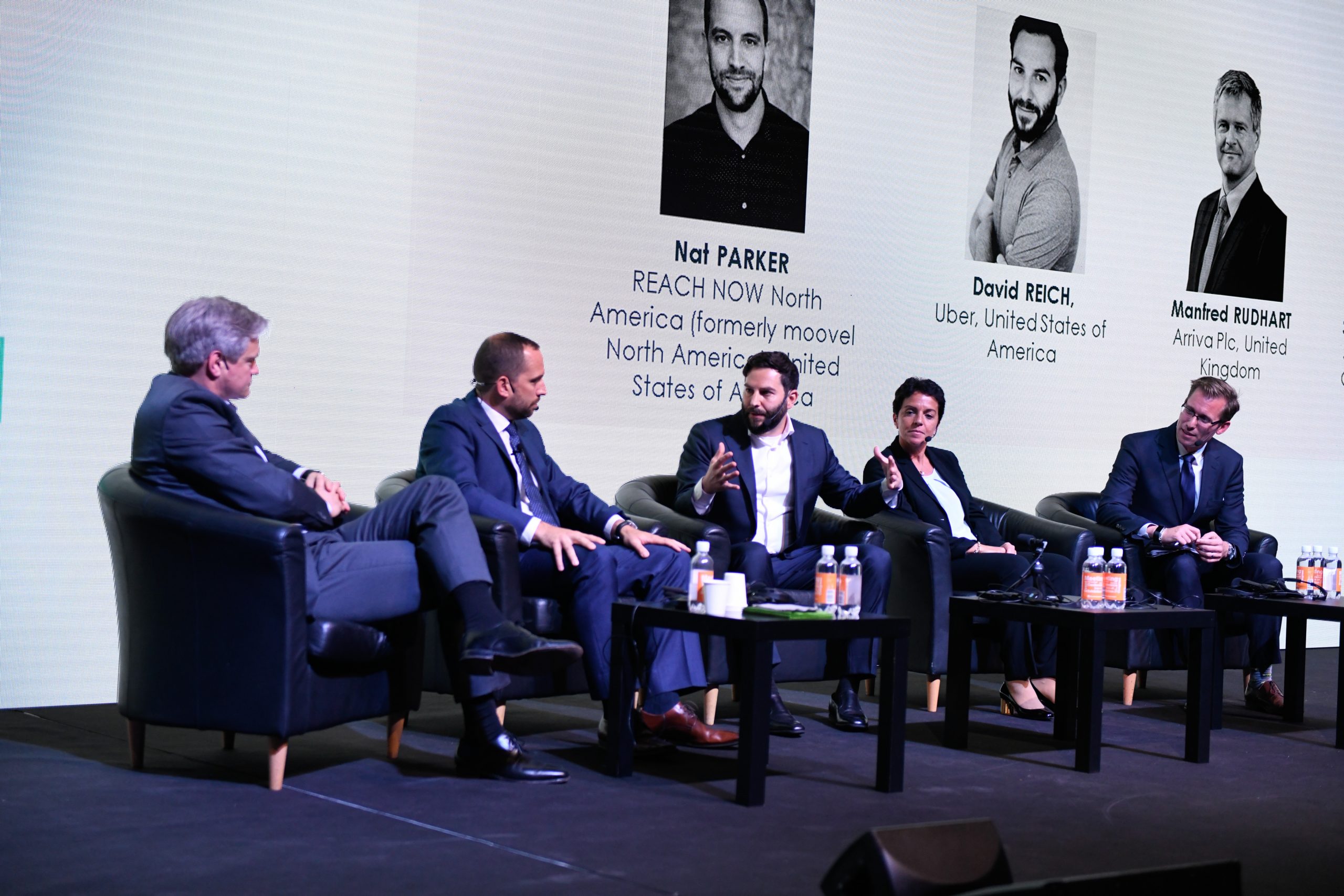Gustavo Gardini is the Head of Global Partnerships and Sustainable Investments Department of the Deutsche Bahn E.C.O. group in Berlin, Germany. He holds business relationships with infrastructure and real estate investors and multilateral banks worldwide where DB is involved. Gustavo was Business Director at DB E.C.O. for Latin America, a subsidiary of the German group that he helped establish in Brazil in 2012. The DB group is one of the world leaders in multimodal passenger and cargo transport, present in 130 countries. He was Director of the Infrastructure Department of the Federation of Industries of the State of São Paulo – FIESP. Before joining DB, he worked on investments in renewable energies in Europe and Latin America.
Gustavo graduated in Environmental Management and Sustainability from the Technological University of Cottbus, in Germany, attended Civil Engineering program at UFMG, in Brazil, and Engineering Management at Politecnico di Milano, in Italy. He speaks English, German, Portuguese, Italian and Spanish and is passionate about contributing to transform the world through sustainable infrastructure!
Sessions
-
June 05: Managing energy in public transport operations: from renewable supplies to intelligent charging management
New trends on sustainable investments: the connection between transport and renewable energy
One of the major goals of governments is to respond to the growing number of populations in cities and megacities by implementing a mass transport system or to modernize and expand existing ones. In addition, the impact of climate change and the increasing demand from individuals to have a better quality of life boosted the wave of decarbonization from fossil fuels into zero emission transportation. As a result, we are seeing for the first time a new trend: the connection of two infrastructure sectors, transports and energy, running together towards a complete sustainable infrastructure solution, a sustainable mass transport system powered by renewable energy sources. Railway systems moved by diesel trains or electrified through “dirty” sources of energy are undergoing a complete energy transition program. What is the solution for a scenario where the most difficult challenges of governments on how to finance the investments and operational costs of mass transport systems with the additional investments required for the energy transition? The challenge of financing the new sustainable transport systems may become a fundamental opportunity when governments structure a model to attract the private sector and investors by combining transport as core infrastructure linked with renewable energy and real estate. All those assets are considered sustainable investments. A major number of global investment funds in infrastructure and real estate have incorporated ESG (Environment – Social Justice – Corporate Governance) principles as intrinsic part of their investment strategy. There is a growing trend to add sustainable investment opportunities in their portfolio of assets that provide both financial return of investments and generate a positive impact to society and environment. The presentation will provide a brief overview of existing integrated solutions at the Deutsche Bahn group in Germany: - DB Netz as the largest rail infrastructure operator in Europe - DB Bahn as passenger operator with over 2.7 billion passenger transported per year - DB Station & Services operating retail, stations and parking buildings, with more than 20 million (1/4th of the German population) visitors everyday in our stations - DB Energie as one of the largest energy provider in Germany, serving the entire group as offtakers We will also draw a picture of examples that could be adopted in emerging markets where infrastructure financing solutions are mostly needed.

